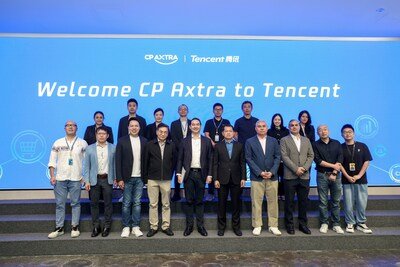A version of this story appeared in CNN Business’ Nightcap newsletter. To get it in your inbox, sign up for free here.
Rather suddenly, there’s been a vibe shift around artificial intelligence, the tech that’s hypnotized Wall Street and inspired cultish devotion across Silicon Valley over the past three years.
And while it’s too soon to declare August 2025 the start of the AI winter, or the AI correction, or the AI bubble bursting, or whatever slowdown metaphor you prefer, it is undeniable that a series of industry stumbles is making investors, businesses and customers do a double-take.
Among them:
-
Meta, which was recently shelling out $100 million signing bonuses for AI talent, has instituted a hiring freeze and is reportedly looking at downsizing its AI division.
-
Sam Altman, the CEO of OpenAI and the industry’s biggest hype man, is floating the word “bubble” in media interviews.
-
ChatGPT-5, billed by OpenAI as a PhD-level game-changer, is a flop.
-
Coreweave, a cloud computing company backed by Nvidia, has shed nearly 40% of its value in just over a week.
-
Researchers at MIT published a report showing that 95% of the generative AI programs launched by companies failed to do the main thing they were intended for — ginning up more revenue.
-
Anthropic and OpenAI have struck deals to give their products to the US government for next to nothing — even as they are burning through cash and lack demonstrable paths to profitability.
All of that has sent traders rushing to buy “disaster puts” — options that act as a kind of insurance for when the market drops — in case we’re about to relive the late-90s dot-com bust. Per Bloomberg, investors aren’t just preparing for a pullback, they’re bracing for a nosedive.
“I suspect this will lead to a larger correction,” Mike O’Rourke, chief market strategist at JonesTrading, told me, noting that Meta dangling NFL-like compensation packages to attract AI engineers was “a sign the spending was going over the top.”
The tech stocks that have been propping up the entire market, including Nvidia (NVDA), Microsoft (MSFT) and Palantir (PLTR), tumbled this week. (Of course, Wall Street is weighing a lot more than just some bad headlines for the tech sector. There’s also tariffs, mixed retail earnings, and, not least, the president of the United States’ campaign to install loyalists at the Federal Reserve. That central bank drama is piling even more attention Friday’s speech by Fed Chair Jay Powell, who even in precedented times can move markets with a single furrow of his brow. You’ll be able to hear a pin drop across Wall Street as investors tune in at 10am ET.)
For some investors, the tech pullback is “just a pause that may refresh as investors retrench and rethink how they want to position their tech dollars,” Rob Haworth, senior investment strategy director at US Bank Asset Management Group, told my colleague John Towfighi this week.
Maybe. But the ups and downs of the market are just one measure of AI’s impact, and even some of AI’s biggest critics say the downfall won’t happen overnight.
“The bubble bursting was never going to be one event, but a series of sentiment shifts against technology that has never proven its worth outside of specious hype,” Ed Zitron, a tech writer and host of the podcast Better Offline, told me. “In any case, it’s been three years, and at some point there had to be some sort of proof that any of this was worth it… The narrative is spiraling out of control, with the only way to fix it being to show actual returns, which none of these companies have.”























